What’s the difference between Industrialists vs. Businessmen/Businesswomen vs. Startuppers? I have seen a debate on LinkedIn, which was about whom you like better Rattan Tata or Elon Musk?
The Debate
It was interesting as most comment on the article was coming from India, and there was around one hundred times more like on Rattan Tata than Elon Musk. However, I think we cannot compare the two of them that easily.
I do not know it has happened, because
- most of the audience were from India, or
- people prefer traditional views, slow digital transformations, or
- were they against Elon Musk, who is a rich start-upper, or
- because Musk methods are far from “normal”, not really human more like aggressive (although they work) or
- was the cause anything else?
But it was an interesting to see the debate…
Besides people told several times Elon Musk
- destroy the environment,
- the urban infrastructure,
- the human capital and
- resources etc., but where is the truth? And whose truth should we pay attention to?
Furthermore, these two people have different personality traits. Obviously, they are both wealthy, famous, and achieved their goals, but their methods were different.
Let’s start with the questions who are Industrialists and who are Business(wo)men?
Industrialists
An industrialist is an owner/employee in a prominent position in an industry. It can be a manufacturer, business magnate, banker, or any other industries.
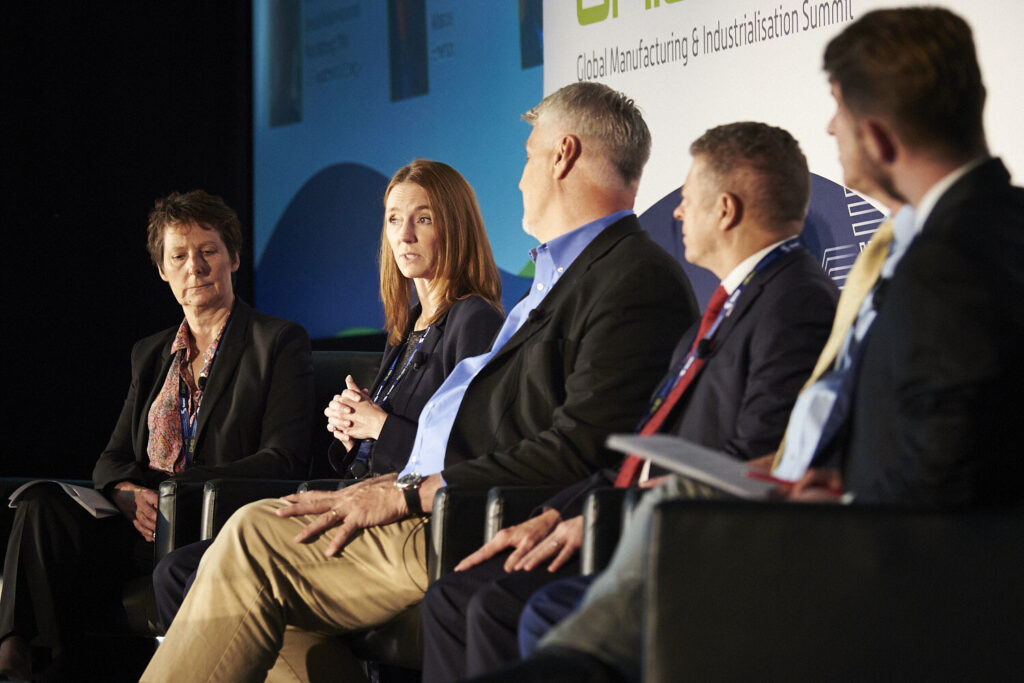
In the past
Business
- Andrew Carnegie: Scottish-American industrialist, business tycoon. Carnegie led the expansion of the American steel industry in the late 19th century and became one of the richest Americans in history. He became a leading philanthropist in the United States and the British Empire. During the last 18 years of his life, he gave away $350 million ($9.6 billion in 2021), almost 90 % of his fortune, to charities, foundations, and universities.
- J. P. Morgan: American financier & banker dominated corporate finance on Wall Street throughout the Gilded Age. As the head of the banking firm became known as J.P. Morgan & Co. Played a significant role in the wave of industrial consolidation during the 19th/20th century. In 1892, he arranged the merger of Edison General Electric and Thomson-Houston Electric Company to form General Electric.
- Leland Stanford: American Business Tycoon and Politician. He became a successful merchant. Later president of Southern Pacific Railroad, which gave him enormous power in California. He served one term as Gov. of California, from 1862 to 1863. Later served a U.S. Senator representing California for the Republican Party from 1885 until his death in 1893. Leland and his wife founded Stanford University in 1885 in memory of their only child, Leland Stanford Jr., who died of typhoid fever at age 15 in 1884.
- Lee Byung-chul was a South Korean businessman. He was the founder of the Samsung Group and considered as one of South Korea’s most successful businessmen. He was a pioneer of modern entrepreneurship, was a beacon of national economic development for South Korea.
Fashion
Yves Saint Laurent: French fashion designer who, in 1962, founded his eponymous fashion label. He is regarded as being among the foremost fashion designers of the twentieth century.
Pierre Bergé: French industrialist and patron. He is the co-founder of the fashion label Yves Saint Laurent, and was a longtime business partner of the eponymous designer.
The brand is famous from its beauty products, clothes, designer bags, wallets, and other products.
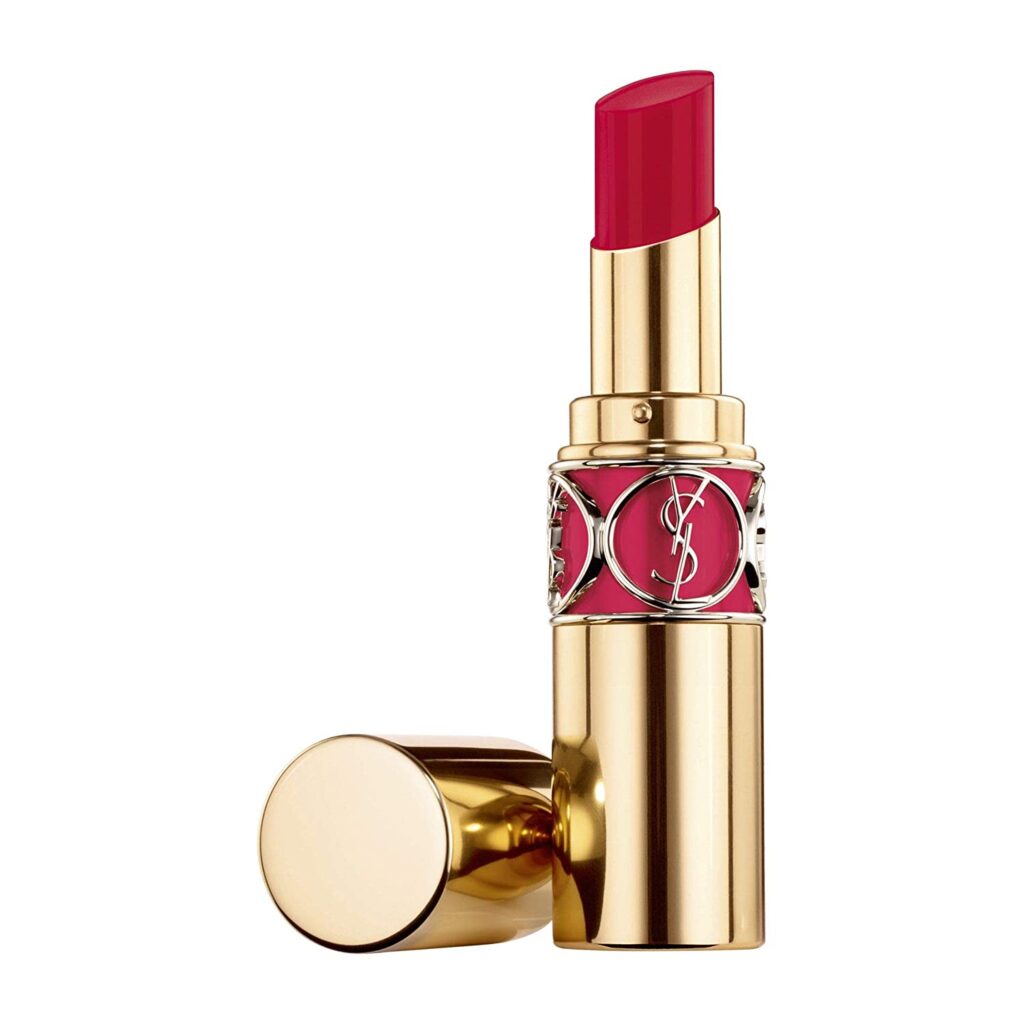
Heavy industry
- Cyrus Eaton: American Canadian steel magnate. One of the most powerful financiers in American Midwest. He funded and helped organize the first Pugwash Conference on World Peace and nuclear disarmament in 1957.
- John D. Rockefeller: American oil industrialist. Co-founder of the Standard Oil Company and world’s first billionaire.
- Samuel Colt: American Inventor/Industrialist. Founder of Colt’s Patent Firearms Manufact. Comp.
- Elisha Otis: American Investor & Elevator Industrialist. Founder of the Otis Elevator Company, Otis invented a safety device that prevents elevators from falling if the hoisting cable fails.
- Henry Ford: American industrialist, business magnate, founder of the Ford Motor Company, and chief developer of the assembly line technique of mass production.
- Ernst Werner von Siemens: German inventor and industrialist. Siemens’s name has been adopted as the SI unit of electrical conductance, the siemens. He was also the founder of the electrical and telecommunications company Siemens.
- Herbert Henry Dow: American chemical industrialist, the namesake of the internationally recognized Dow Chemical, he succeeded in selling his bromine to American and international markets in the 19th century. Dow Chemical eventually became one of the largest chemical production companies in the world, and Dow himself held over 90 patents.
- Note: Herbert Henry Dow is different from Charles Dow. The latter was an American financial journalist who co-founded Dow Jones & Company with Edward Jones and Charles Bergstresser. He was the Co-founder of The Wall Street Journal. He pioneered the development of the Dow Jones Industrial Average and formulated the Dow Theory, an analysis of maximum and minimum market fluctuations, the basis for technical analysis.
In the present
- Richard Branson: British business magnate, founder of the Virgin Group. Has an estimated worth of $5.2 billion (Forbes 2016). Branson began his business career young opening music stores in 1971 (when he was 21), which he grew into the Virgin Megastore chain. Then he moved into recording business starting Virgin Records in 1973. In 1984 moved into the aeronautic industry starting Virgin Atlantic Airways.
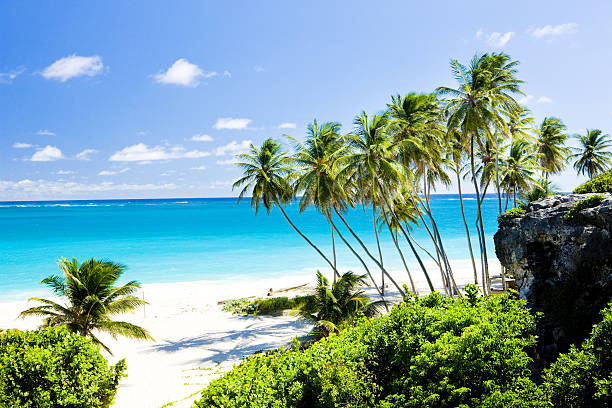
Virgin Publishing been founded in 1991, then Virgin Radio in 1993 and Virgin Mobile in 1999. Later Branson’s empire expanded with Virgin Healthcare, a Formula One racing team and the spaceline venture Virgin Galactic in 2004.
- Divya Gokulnath: Co-founder and director of Byju’s, an educational technology company.
- Kiran Mazumdar-Shaw: Founder of Biocon Limited and Biocon Biologics Limited, a biotechnology company based in Bangalore, and the former chairperson of the Indian Institute of Management, Bangalore.
- Falguni Nayar: Founder and CEO of the beauty and lifestyle retail company Nykaa. She founded Nykaa in 2012 with the vision of building a multi-brand omnichannel beauty-focused retail business. Falguni is one of two self-made female, Indian billionaires.
- Joanna Peña-Bickley: Head of Research & Design, Alexa Devices at Amazon; Founder of Designed By Us™ and Adriana Gascoigne: Founder of Girls in Tech.
Who are businessmen/businesswomen?
Businessmen and women are individuals who have ownership or shareholdings over a private sector; undertakes activities for profit: to generate
- cash flow,
- sales,
- revenue by using a combination of human, financial, intellectual, and physical capital with a view fueling economic development & growth.
With the appearance of technology, a lot of businessmen and businesswomen are founding, co-founding and growing start-ups.
Fashion and Beauty
Thomas Carlyle Ford: American fashion icon, designer, and filmmaker. He launched his luxury brand in 2005, having previously served as the creative director at Gucci and Yves Saint Laurent. Ford wrote and directed the movie A Single Man (2009) and Nocturnal Animals (2016). He serves as the chairman of the Board of the Council of Fashion Designers of America.
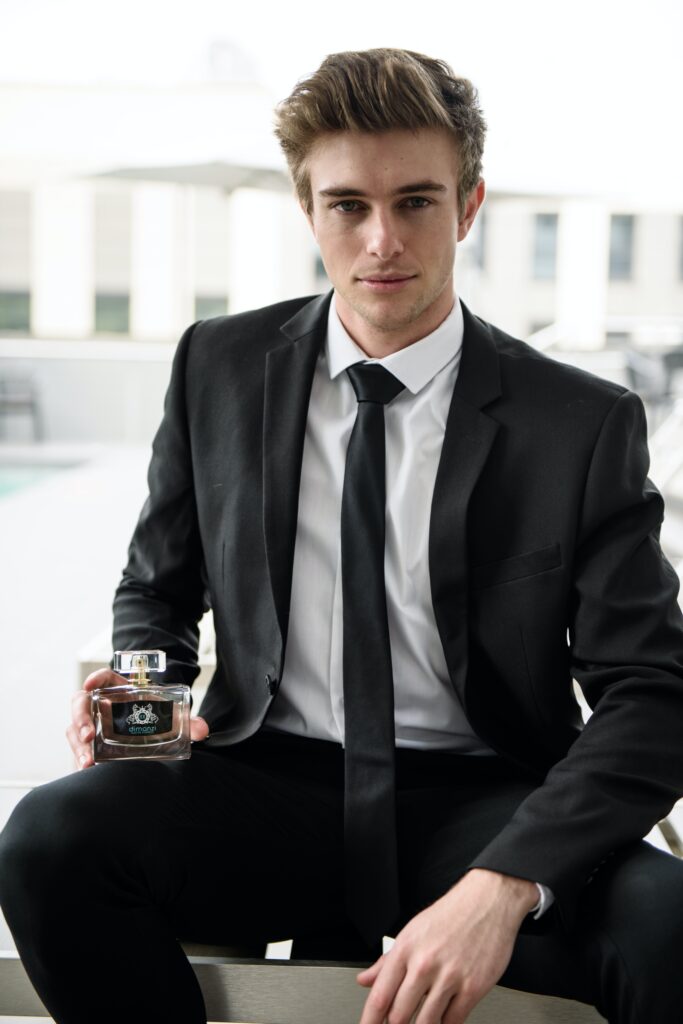
Thomas Jacob Hilfiger: American fashion designer and the founder of Tommy Hilfiger Corporation. Starting his career by co-founding a chain of jeans/fashion stores called People’s Place in upstate New York in the 1970’s, he began designing preppy clothing for his own menswear line in the 1980’s. Later the company expanded into women’s clothing, kid’s clothing, and various luxury items such as perfumes and went public in 1992.
Beauty industry
Estée Lauder: American businesswoman. Co-founded her cosmetics company with her husband, Joseph Lauter (later Lauder). She was the only woman on Time magazine’s 1998 list of the 20 most influential business geniuses of the 20th century. Her company Estée Lauder famous for her skincare, makeup, fragrances, and beauty products. One of her most famous fragrances is the Beautiful Belle.
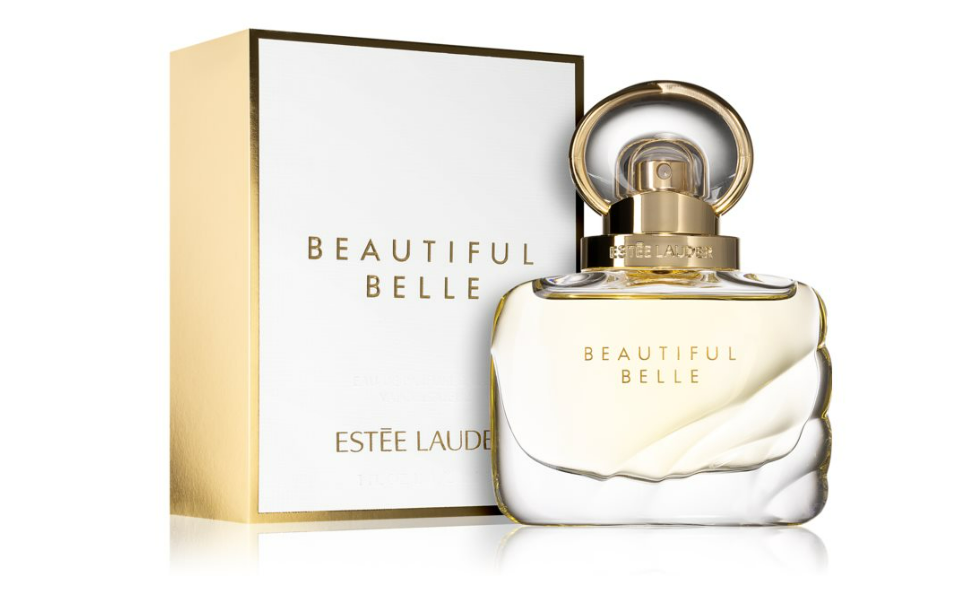
Jimmy Choo is a Malaysian fashion designer of Chinese descent based in the United Kingdom. He co-founded Jimmy Choo fashion house with Tamara Mellon, which became known for its handmade women’s shoes. In April 2001, Choo sold his 50% stake in the company for £10 million. He has since concentrated his work on exclusive Jimmy Choo couture line produced under license from Jimmy Choo Ltd.
The ready-to-wear line has expanded to include accessories such as handbags, bridal bags, makeup products and fragrances. Here is one of the iconic handmade shoes from Jimmy Choo‘s collection.
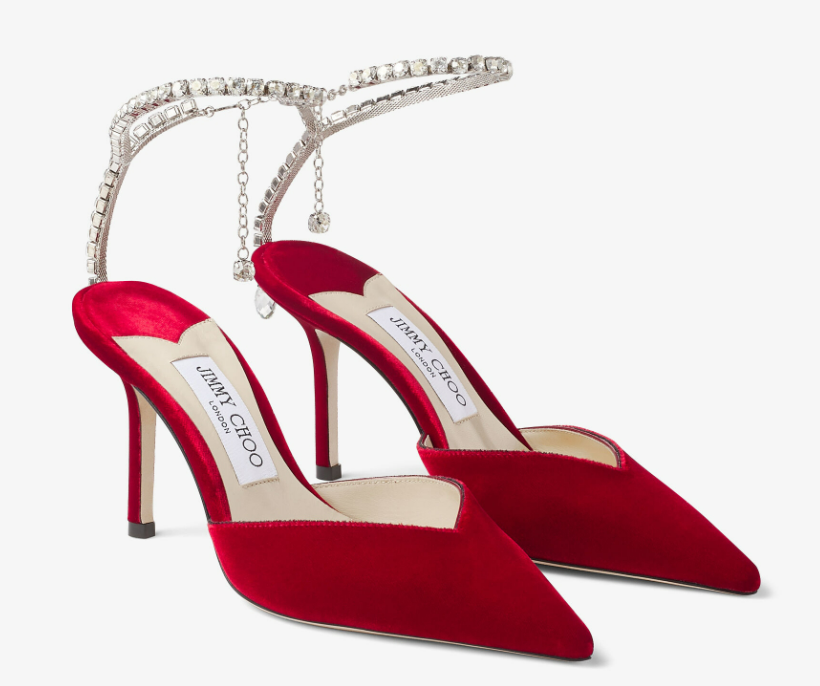
Amancio Ortega: Spanish fashion businessman; chairman of the Inditex fashion group which is the parent company of ZARA, Massimo Dutti, Pull & Bear and Stradivarius.
He is well-known for
- limiting advertising,
- expanding aggressively.
- controlling his own supply chain.
Media
Kim Kardashian: American media personality, socialite, and businesswoman. Famous about her sextape, reality television series Keeping Up with the Kardashians. Founder of KKW Beauty & KKW Fragrance and shapewear company Skims.
What is a start-up?
Start-up: a company in the first stages of operations.
Start-ups are founded by one or more entrepreneurs who want to develop a product or service for which they believe there is demand. Moreover, these companies start with excessive costs and limited revenue, which is why they look for capital from a variety of sources such as venture capitalists according to Investopedia.
Tech start-up founders
- Elon Musk: South-African business magnate, entrepreneur, engineer, industrial designer, investor. Founder, CEO & chief engineer of SpaceX; angel investor, CEO & product architect of Tesla, Inc. Founder of Paypal; the Boring Company; Co-founder of Neuralink & OpenAI. President of the Musk Foundation. Owner @ CEO of Twitter, Inc.
- Mark Zuckerberg: Founder of Facebook, now Meta. American programmer and entrepreneur.
- Jeff Bezos: US-based technology entrepreneur & investor. Founder and core member of the board of Amazon and responsible for the growth of e-commerce. Amazon started as an online marketplace for books and expanded to a vast variety of products and services. He is founder of the privately funded aerospace developer Blue Origin.
- Cindy Mi: CEO & Co-Founder of VIPKID: China’s leading online education startup with over 500,000 paying students and 60,000 teachers in the US and Canada.
- Larry Ellison: co-founder of Oracle Corporation. Was the CEO from the inception till Sept. 2014. He is the chairman and CTO of Oracle; donated around 1% of his wealth to charity.
- Sergey Brin: American computer scientist, entrepreneurs. He serves as President of Alphabet Inc., Google’s parent company. Born in Russia and immigrated to the United States with his family at the age of 6. Co-founding Google, Co-founding Alphabet Inc.
Philanthropists
- Bill Gates: American business tycoon, philanthropist, and investor. He is best-known for founding Microsoft, a software and tech company; Bill and Melinda Gates Foundations, a charitable trust that focuses on improving the living standards of children all around the world.
- Michael Dell: business emperor, investor, and philanthropist. Founder of Dell Inc. He founded Dell with $1000 in 1984 at the age of 19. Dell Technologies is one of the leading manufacturers of personal computers. It’s revenue for twelve months ending July 31, 2022, was $106.957 B, a 20.42% increase year-over-year. Dell annual revenue for 2022 was $101.197 B, a 16.76% increase from 2021. He founded MSD Capital to manage his family’s investment including publicly traded securities, private equity activities and real estate.

- Warren Buffet: An American philanthropist and the “Father of Investors” as he is the most successful investor in the world. He is the largest shareholder of Berkshire Hathaway and often referred as the “Wizard of Omaha” or “Oracle of Omaha,” or the “Sage of Omaha”.
Differences
The difference between Industrialists vs. Businessmen/women is slightly. Next to this Industrialists are leading their industries.
Meanwhile businessmen and businesswomen mostly work in businesses or in different industries.
To clarify Industrialists started several times as Businessmen or Businesswomen. So, they became Industrialists late, or they became by blood. This could mean they have inherited the title and wealth.
Let’s see the differences between Industrialists vs. Businessmen
Industrialists
- involved in management of industrial enterprises.
- have passive income.
- focus on cooperation.
Business(wo)man
- involved in the business at commercial institution,
- have active income or profit,
- their main focus is on competition.

Both Industrialists vs. Businessmen are highly dependent on technology nowadays. Read how mass tech layoffs influence our life if you are interested about the topic. If you have been laid off recently, then it is a promising idea to learn new skills, which help you to create an insurmountable advantage regarding your competitors in your field.
Back to the Debate
To sum up the debate was interesting.
Obviously, we cannot decide between Industrialists vs. Businessmen, because all of them can be extraordinarily successful.
However, Rattan Tata and Elon Musk have different views, tools & ideas how to transform businesses, industries, and the digital world to achieve their goals and change the world. People were judging too fast and favored one over the other, based on their assumptions.
Moreover, we do not have to forgot we can reach same goals by using different tools, and methods too.
What if the best ones are Women, who just founded start-ups or create their famous brands?
This post may contain affiliate links. Please see Disclosure Policy.
Sources: Wikipedia, Google, Ranker, Crunchbase, Industrialists, Unsplash.
Read more about business, and technology in the Silk and Cake Blog.
